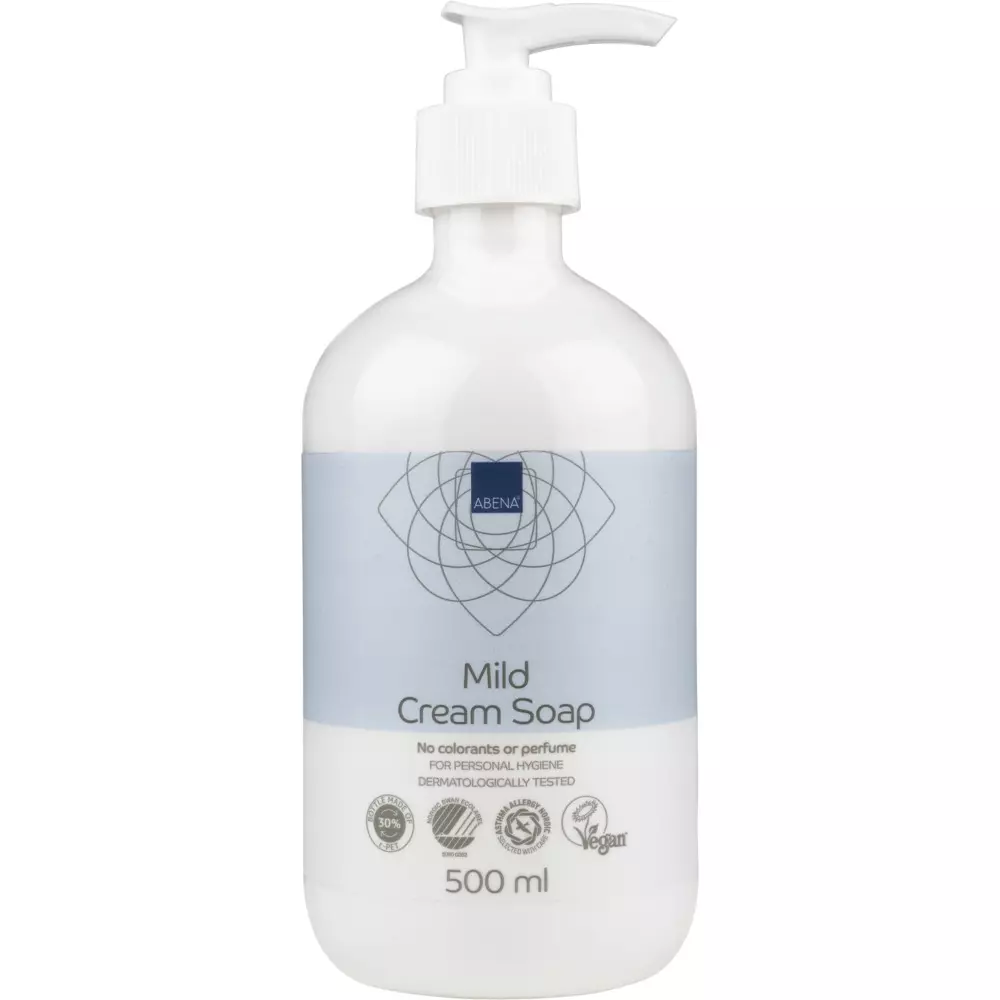Loading Abena for Germany
Change the country of delivery or ask for an alternative for product code ABS-7766 by contacting one of our product experts.

Abena Hand Soap Unscented 500ml
Abena Hand Soap Unscented 500ml
5 / 5
Change the country of delivery or ask for an alternative for product code ABS-7766 by contacting one of our product experts.
Get help from our experts
You can pay with any of the following popular payment methods:
Get in touch with our customer support if you need help
Get help from our experts